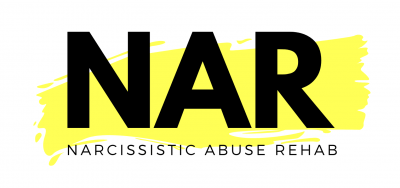Coercive control survivor Andrea Smith bravely shares experience of the dangerorous cycle of abuse and how she escaped
Cycle of Narcissistic Abuse
The cycle of narcissistic abuse commences with the idealization phase, then progresses to devaluation, which is subsequently succeeded by the discard phase. Afterward, the cycle resumes with the hoover stage. It is a repetitive pattern used by the perpetrator to manipulate, exploit, and subjugate the victim for personal gain.
Understanding Narcissistic Abuse: Learn about the cycle, signs, and recovery from emotional manipulation and toxic dynamics.
Hoovering is a term used to describe a manipulation tactic used to re-engage survivors in the cycle of narcissistic abuse.
Dr. Michael Stokes shares 4 Signs of Dysfunctional Narcissism for people seeking to avoid getting entangled in relationships with narcissists.
Clinical psychologist Dr. Steve Sultanoff share six signs of love bombing behavior commonly seen in highly narcissistic people and NPDs.
FLYING MONKEYS ARE ENABLERS who act on behalf of narcissists. They are usually friends and relatives who serve as surrogates, emissaries, fixers and drones in the narcissist’s network. Moreover, they make it possible for narcissists to carry out their campaigns of abuse by proxy. A person may rationalize playing the flying monkey role for a variety of reasons. Here are…






